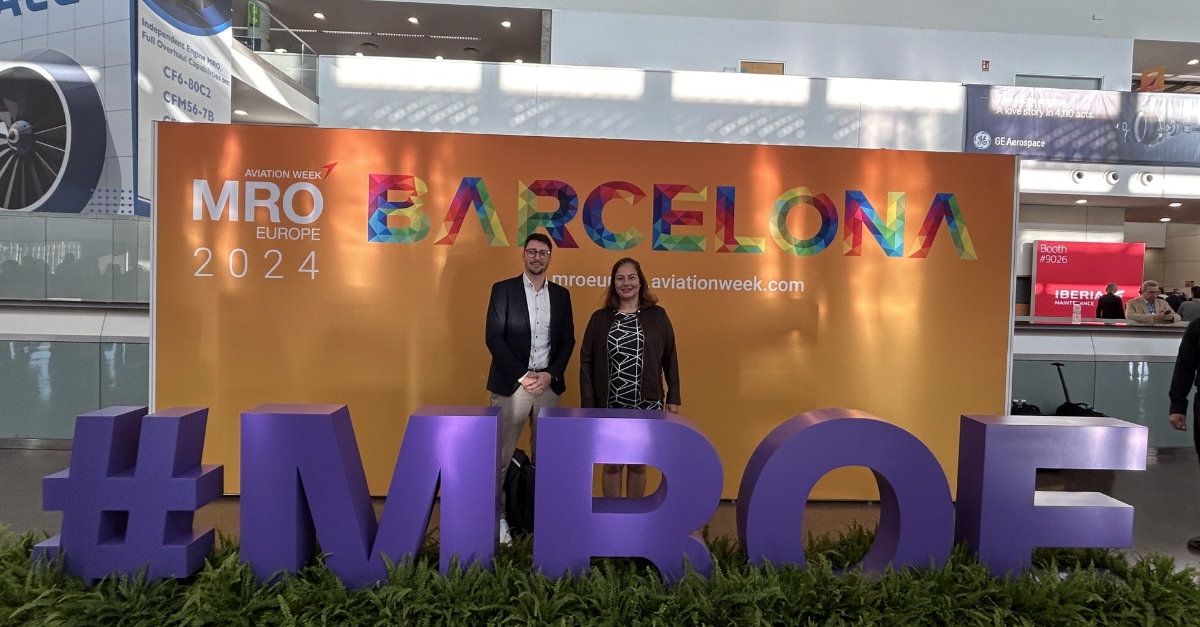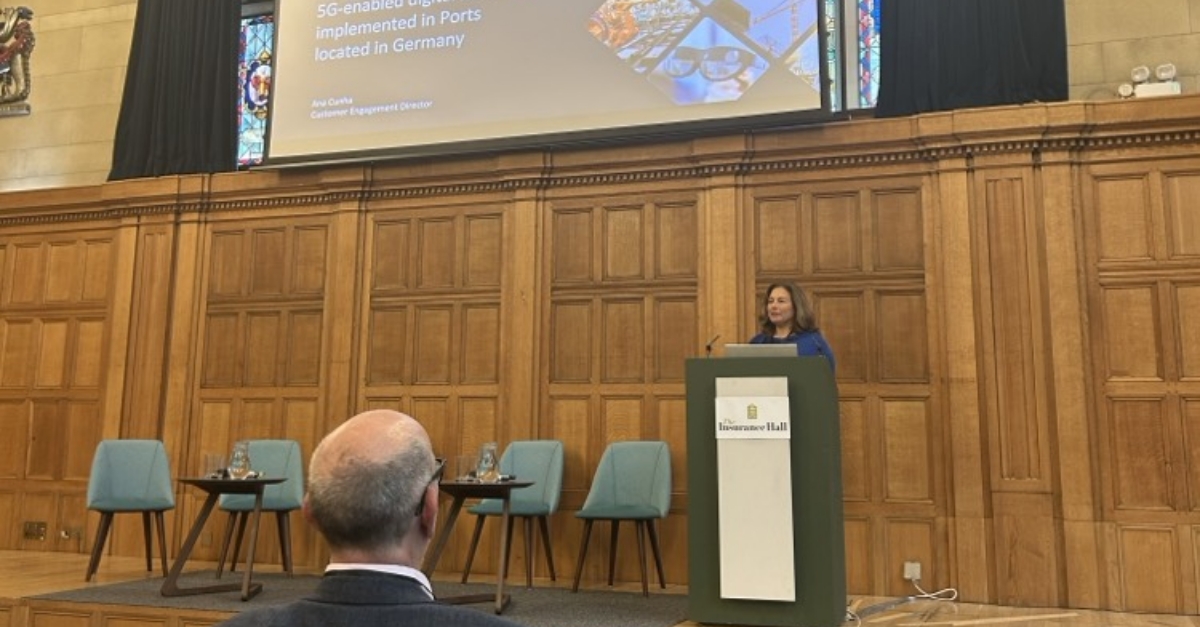To keep pace with the digital transformation process in the economy and society, companies need to move at high speed. In a globalized and digital world, maintaining one’s own market position is constantly at risk. In the meantime, this danger is no longer posed only by direct competitors, but increasingly also by companies from outside the industry. For example, search engine developers are suddenly starting to offer solutions in the FinTech industry.
Just a few years ago, such a development would have been unthinkable, but it clearly shows that companies need to be more agile and generate new business values faster – both horizontally and vertically. However, it often fails because many companies do not even know how this is possible and where to even start.
Rapid Idea: Develop and implement new ideas in a targeted manner
In the stressful workday, there is often little time for creative and free thought processes. However, these are the basis for innovation and should not be neglected in any company. Even more often, durable ideas are worked out that have to be subordinated to day-to-day business and are thus forgotten again after a short time. To counteract this, a well-structured workshop can help. In this way, innovations and new developments can be transformed from an abstract idea to an action plan in one working day.
The Rapid Idea Workshop of COCUS AG shows exactly how this can be done. The workshop is divided into three process steps:
Idea generation
In the idea generation phase, fundamental questions are answered to define the company’s own digitization and digital customer experience. In this way, a common understanding can be developed of what digitization triggers in certain business processes and what added value the customer can generate with it. Only then can concrete ideas be developed or existing concepts refined.
Prioritization
With the prioritization phase, the disruption potential of the idea is analyzed internally and externally and assigned a value. This makes the idea more tangible and can also convince management more quickly. If a real added value for the company and the customers is recognizable, a strategy for further brainstorming, prioritization and elaboration is designed.
Realization
The last phase, the realization phase, goes deeper into the implementation process of the idea. Here, a Proof of Concept (PoC) or a Minimum Viable Product (MVP) can be defined – or, the next big project can be planned. In addition, next steps for implementation are agreed upon and shown how to effectively communicate the elaborated idea to the employees so that they can continue to work on it together.
The idea turns from a loose concept to something tangible in just one day. No matter what stage of digital transformation a company is in:
The COCUS Rapid Idea approach can be used anywhere!
Think big. Start small. Move fast.



